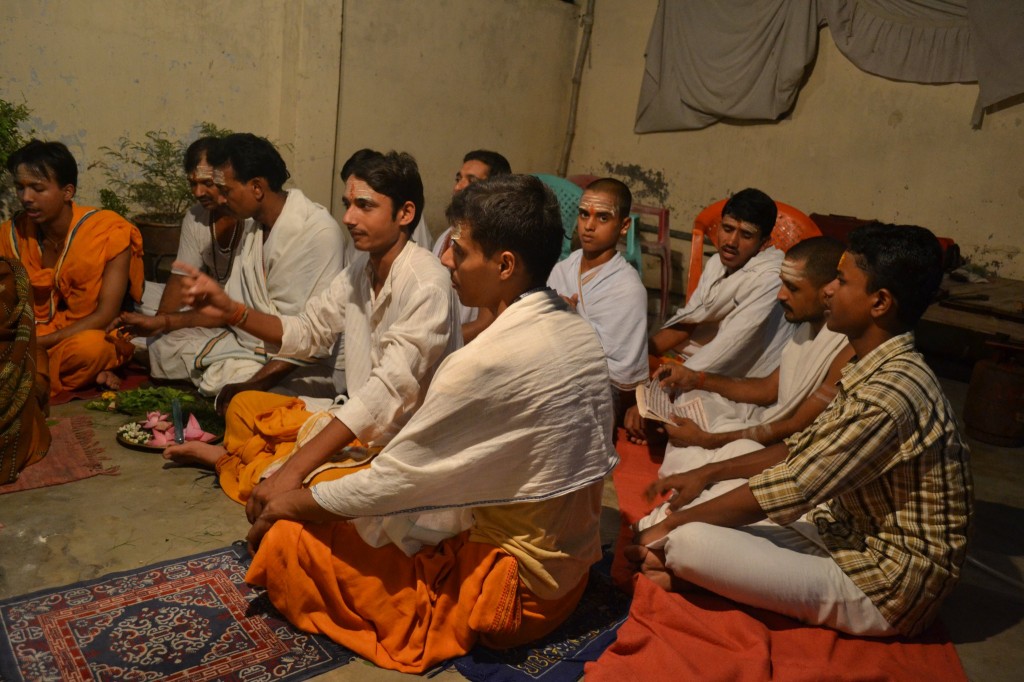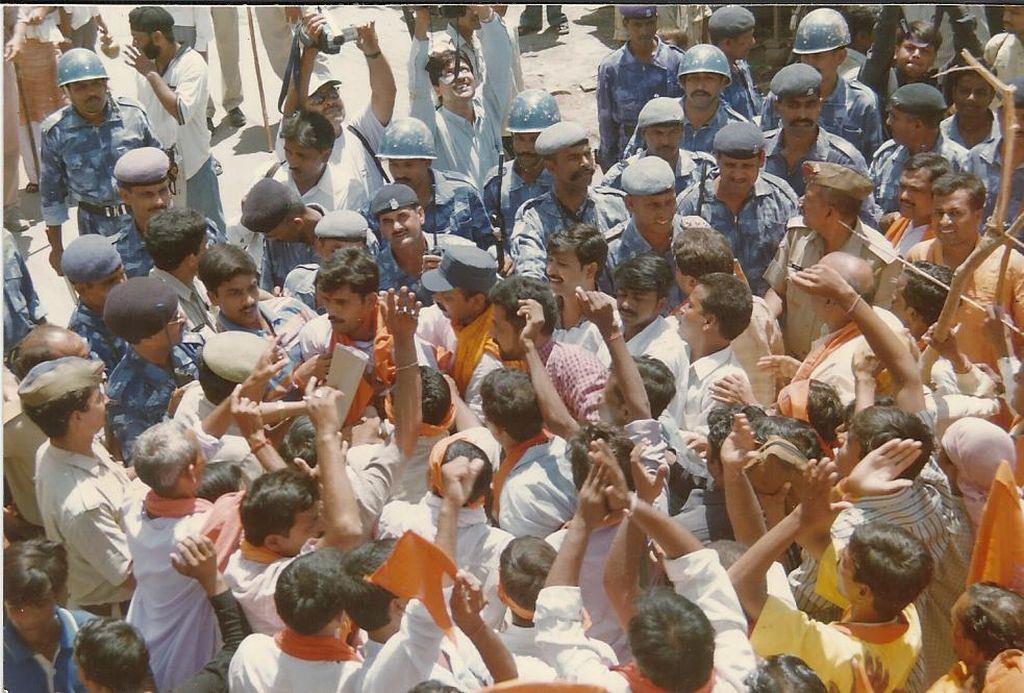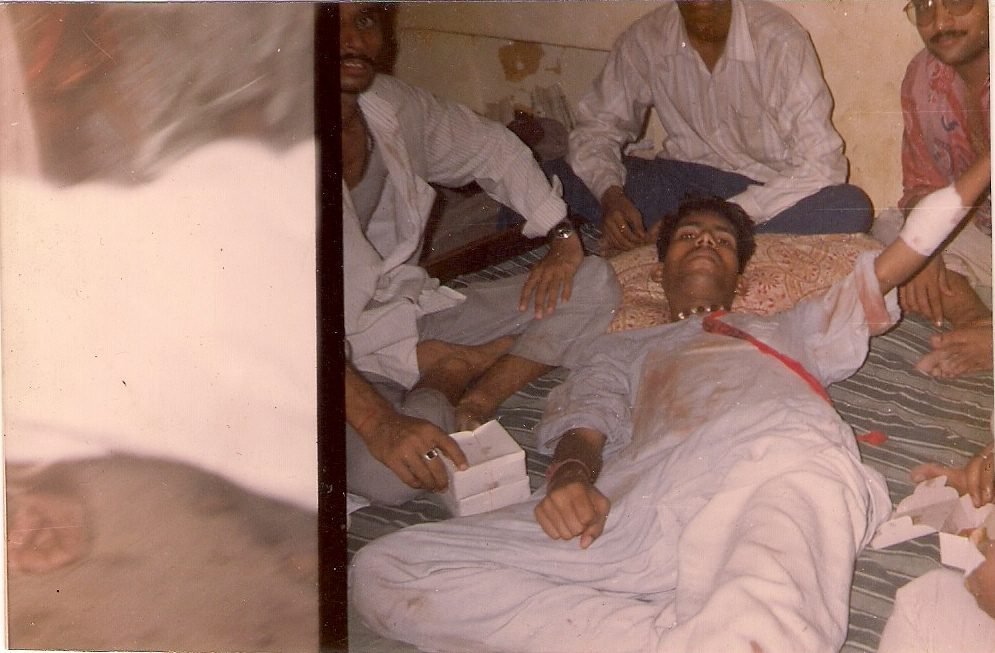I have a friend who is a social worker by profession and works with the children of kiln workers in Varanasi. The laborers who operate the kilns primarily come from rural or tribal areas of Bihar, Chhattisgarh, and Jharkhand. They migrate with their entire families to work sites in Uttar Pradesh and other regions. They reside at the construction sites in makeshift brick houses lacking cement plaster or a permanent roof. These homes are constructed by stacking bricks and using a tin sheet as a makeshift roof.
This is a seasonal job that begins in October after the monsoon ends and concludes in late June with the monsoon’s arrival. The work hours are demanding, with shifts starting at 10 PM and lasting until 4 PM the following day – an 18-hour workday. Workers typically take a short break, no longer than two hours, for meals during this period. Everyone in the family contributes, including young children as young as six or seven. While adults handle the primary tasks, children assist in various ways. With both parents working long hours, childcare and cooking fall primarily on the children.
Imagine enduring such grueling work hours under the open sky. The conditions are extreme. During March, April, May, and June, temperatures soar between 38 and 52 degrees Celsius (102 and 125 Fahrenheit). In contrast, December, January, and February bring frigid temperatures ranging from 35 to 5 degrees Celsius (95 to 40 Fahrenheit). The scorching heat, particularly in May, June, and July, is often accompanied by intense, deadly winds. Yet, these laborers are forced to toil under these inhumane conditions.
My friend, Amit Rajbhar, has dedicated himself to working with the children of kiln workers. He strives to keep them engaged in productive activities. He runs a non-formal education center offering daily classes in basic subjects like math, Hindi, science, general knowledge, and hygiene. Amit’s goal is to create a brighter future for the next generation. He acknowledges that the immediate benefits for these children might be limited, but he believes his efforts will positively impact their children.
Amit believes that educating these children will break the cycle of child labor. He shared a heartwarming story about a family he worked with in 2022. The following year, their children refused to return to work, expressing a desire to attend school instead. They asked their parents to continue working in Varanasi while they stayed with grandparents in their village to pursue education. This remarkable outcome exemplifies the positive impact of Amit’s work on breaking the cycle of child labor within a family.
I was familiar with Amit’s work but had never visited his site. When a guest expressed interest in helping underprivileged children, I decided to take her there. I was deeply shocked by the conditions and the children’s stories. It was late December, with temperatures around 10 degrees and cloudy skies. None of the children wore warm clothes or shoes, playing barefoot in the open.
I was heartbroken and struggled to hold back tears. Their stories haunted me, and I desperately wanted to help. Providing warm clothes and shoes seemed like an immediate need. I explored ways to raise funds for these essentials, including reaching out to my contacts. Unfortunately, despite promises from a few, I couldn’t secure the necessary funds. My efforts were met with constant setbacks.
I stayed in constant contact with Amit about the children. Their stories were constantly on my mind. I was determined to help them in 2023. The monsoon of 2023 finally arrived, and the families returned to their villages in Bihar, Chhattisgarh, and Jharkhand. Amit informed me about the start of kiln operations in Varanasi and the families’ expected return in late September. I visited them in late October and began planning a cloth supply for them.
I was thinking about whom to ask for help and suddenly a name clicked in my mind Mr. Amit Marathe whom I met in Varanasi in September 2023. He was an IT professional from Pune but was living in the US. I met with him when he was touring Varanasi and I worked with him as his guide in Varanasi and Ayodhya. I get to meet new people from all over the world but his name clicked in my mind first because of the kind of experience I had with him.
He came from a lower-middle-class family in Pune. His father drove a tuk-tuk. After attending a regular government school and overcoming challenges, he eventually achieved success. His humble background gave him a deep understanding of poverty. He often discussed India’s problems, such as poverty and corruption. Despite living in the US, he actively participated in Indian cultural activities. He was a very proud Indian with a strong desire to help others.
I thought I should ask him if he knew anyone involved in charity work in India. I explained the situation of those kids to him. I didn’t expect him to fund the kids, but after hearing their stories, he asked how much money was needed. He asked me to wait a few minutes and then sent me a receipt for the money transferred into my account. Mr. Amit told me he often does charity work in India and that I should have mentioned the kids when he was touring with me.
It was incredibly kind of him to immediately provide funds for the children’s clothes and other necessities. Finding such a supporter made me incredibly happy and brought tears to my eyes. I imagined the children’s faces when they received the clothes and shoes. I called Amit, my social worker friend, to determine the age group and number of children. The next day, I went to the market to buy warm clothes and shoes, including jackets, warm innerwear, gloves, socks, shoes, and woolen caps.
Now I had enough money for all those kids; in fact, the money given by Mr. Amit from the US was sufficient to support even more children. I went to the work site with all the supplies. As soon as the kids heard I had lots of gifts for them, they jumped with joy. Their happiness was indescribable. I distributed everything among them and had also brought sweets and samosas that we enjoyed together. It was a truly wonderful experience that will stay with me forever.
I had some money left from the fund, which I used to buy woolen caps for the children at Asha Samajik Vidyalay, another non-profit run by my friend Mr. Nandlal Master. The kids there were equally delighted to receive the caps. I hope to continue doing this every year or whenever needed. A heartfelt thank you to Mr. Amit Marathe from the US for his generous support and to Mr. Amit Rajbhar for his care for the children.


























